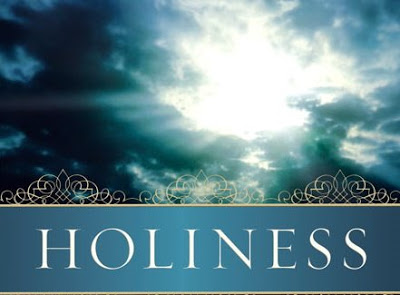
Someone reading this post may ask the question, “Natan, do you wear tassels or tzitziot on the corners of your garments?” The answer is yes I do, and I have done so since the late 1990s. I try to practice what I preach. The Torah tells me to do it, so I do it. Period. End of discussion. I have a set of fringes to wear with my work clothes and another set for my more dress-up clothes. For me it is a holiness and an obedience issue. — Natan
Numbers 15:37–41. Tassels on the corners. (See notes at Exod 26:1 for a discussion on tekelet blue.) The command to wear tzitzits on the corners of one’s garment was to act as a reminder to keep one from committing intentional sins, even as a wedding ring worn on the finger serves to remind one of one’s marriage covenant, and help keep one from committing adultery. This is why this command is placed directly after the warning against committing intentional sin (vv. 30–31), and the example of the man who committed intentional sin by gathering sticks on the Sabbath (vv. 32–36).
Corners. The ancient Israelites wore four cornered tunic-like garments. Why did YHVH instruct them to wear tzitzits on the four corners? This was likely to teach them that the Israelites’ Torah-based covenant with Elohim was there to box them in, to surround them, to remind them of their sworn obligations to Elohim,to keep them on the right path spiritually, and to protect them, so that they would receive Elohim’s blessings and be his representatives to the surrounding nations. With this view in mind, the shape of the garment is no longer the issue. That happened to be the style of clothing of that day. We no longer wear four-cornered garments. What matters is to wear four tzitzits on one’s four sides to represent our spiritual commitments to Elohim and our allegiance to his word, the Torah, and our understanding that his word will guide, direct, protect and bless us is we treasure it and adhere to it. Tzitzits are to our relationship with Elohim what a wedding ring is to our spousal relationship.







